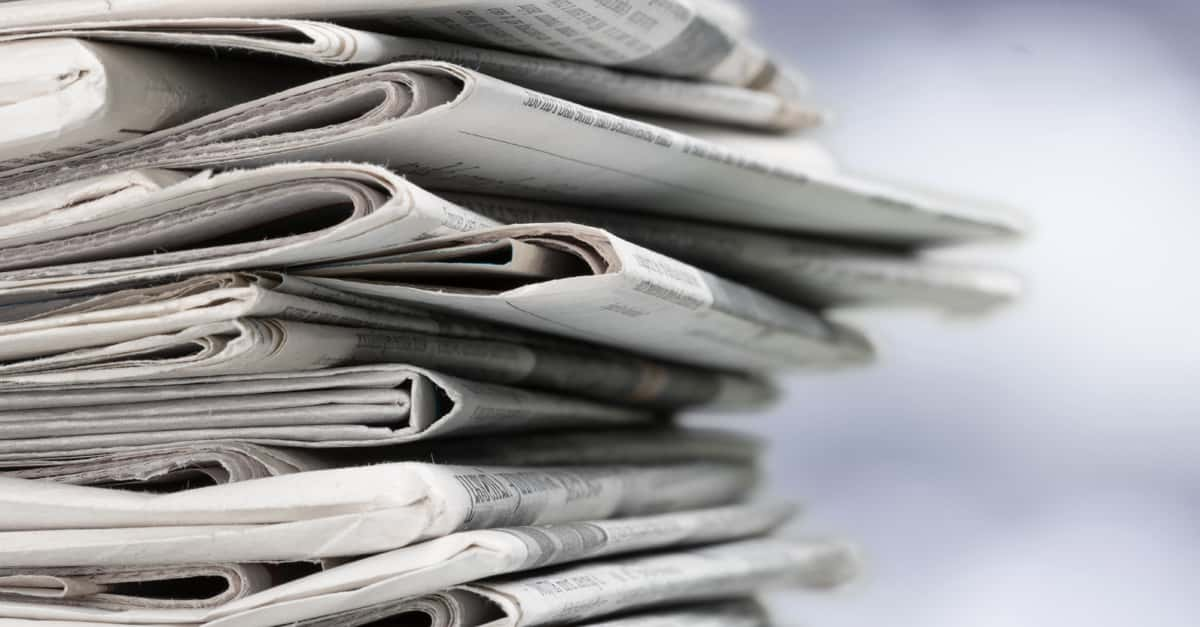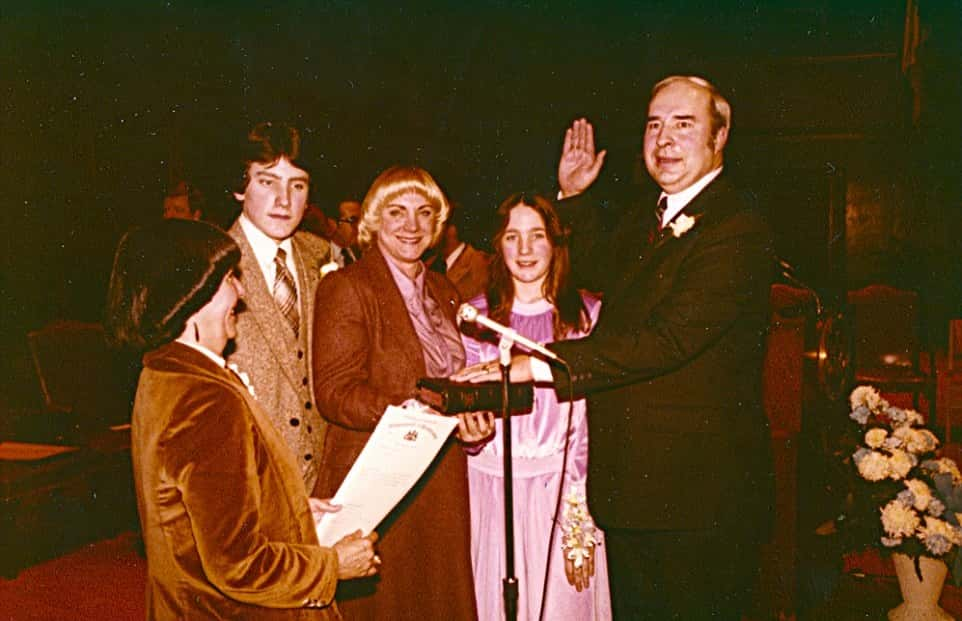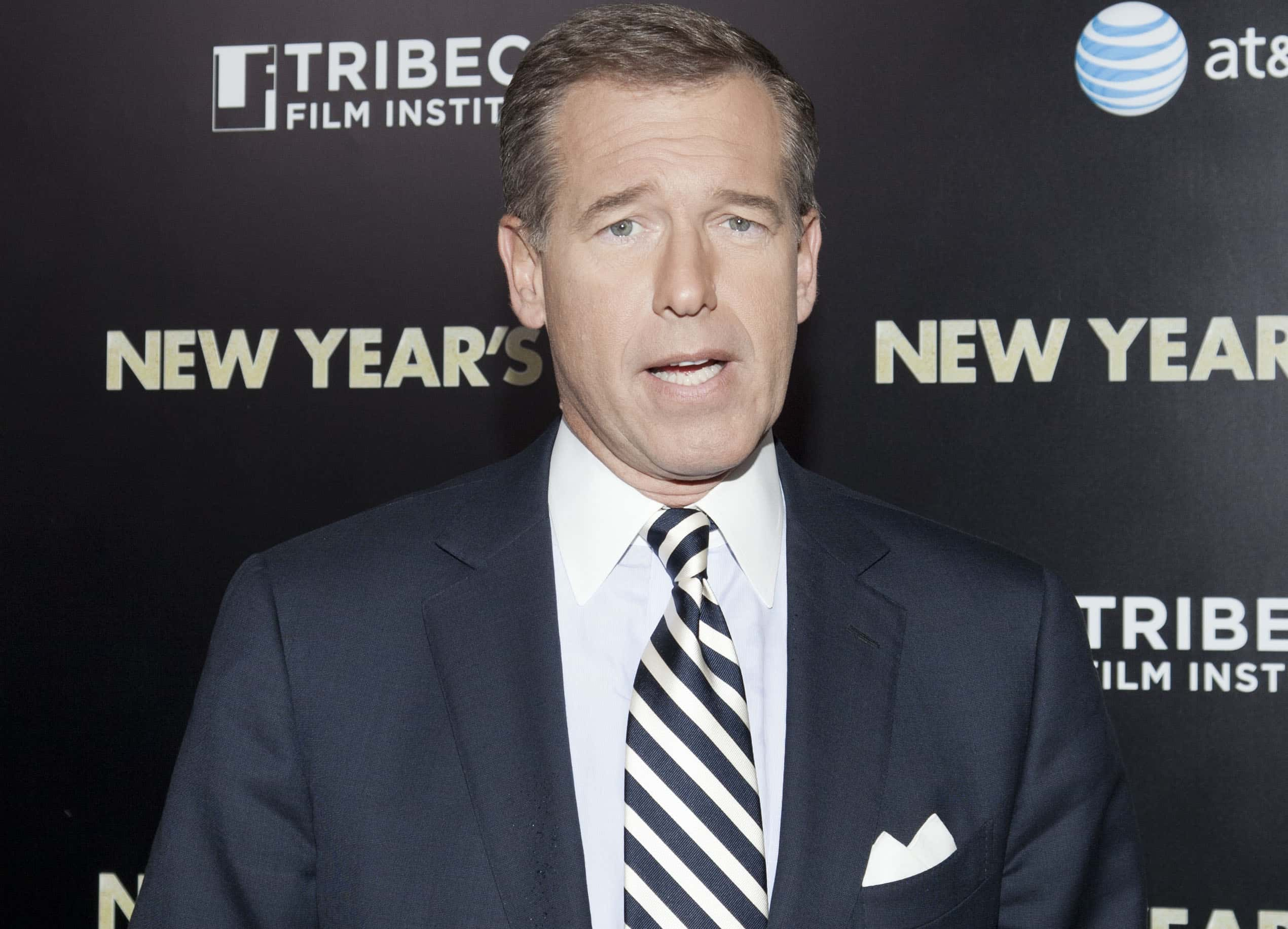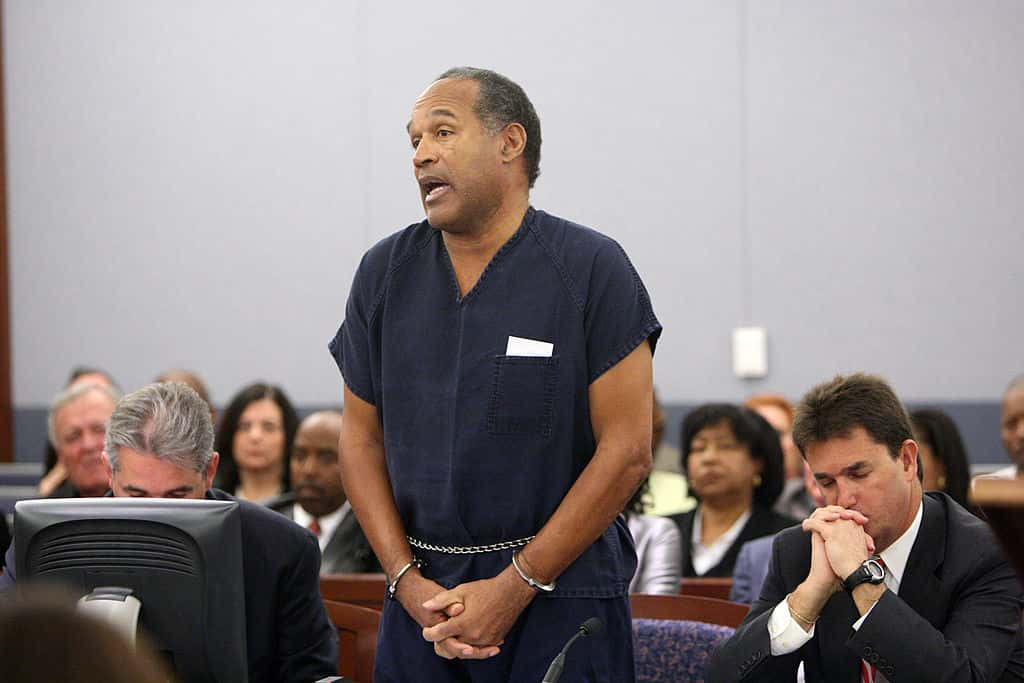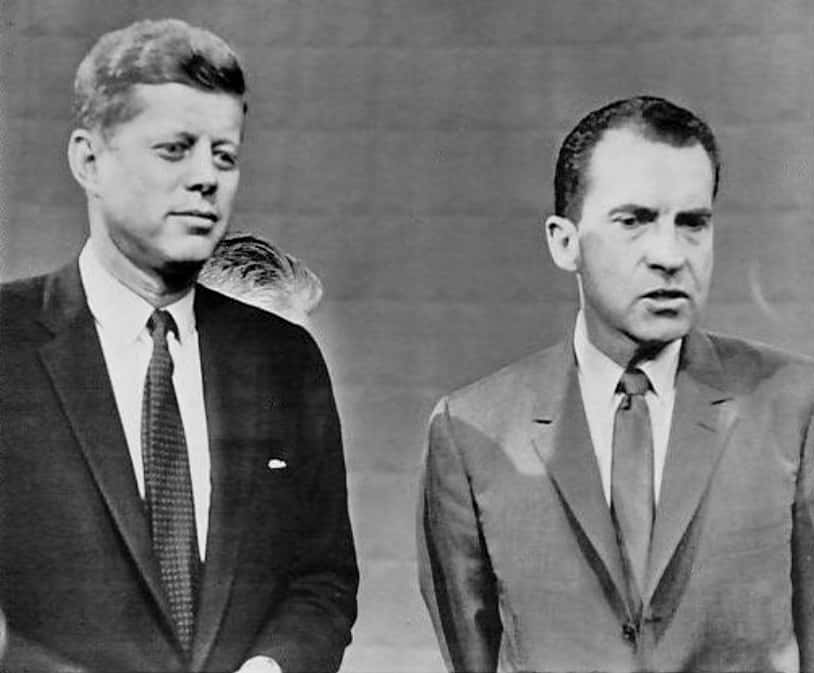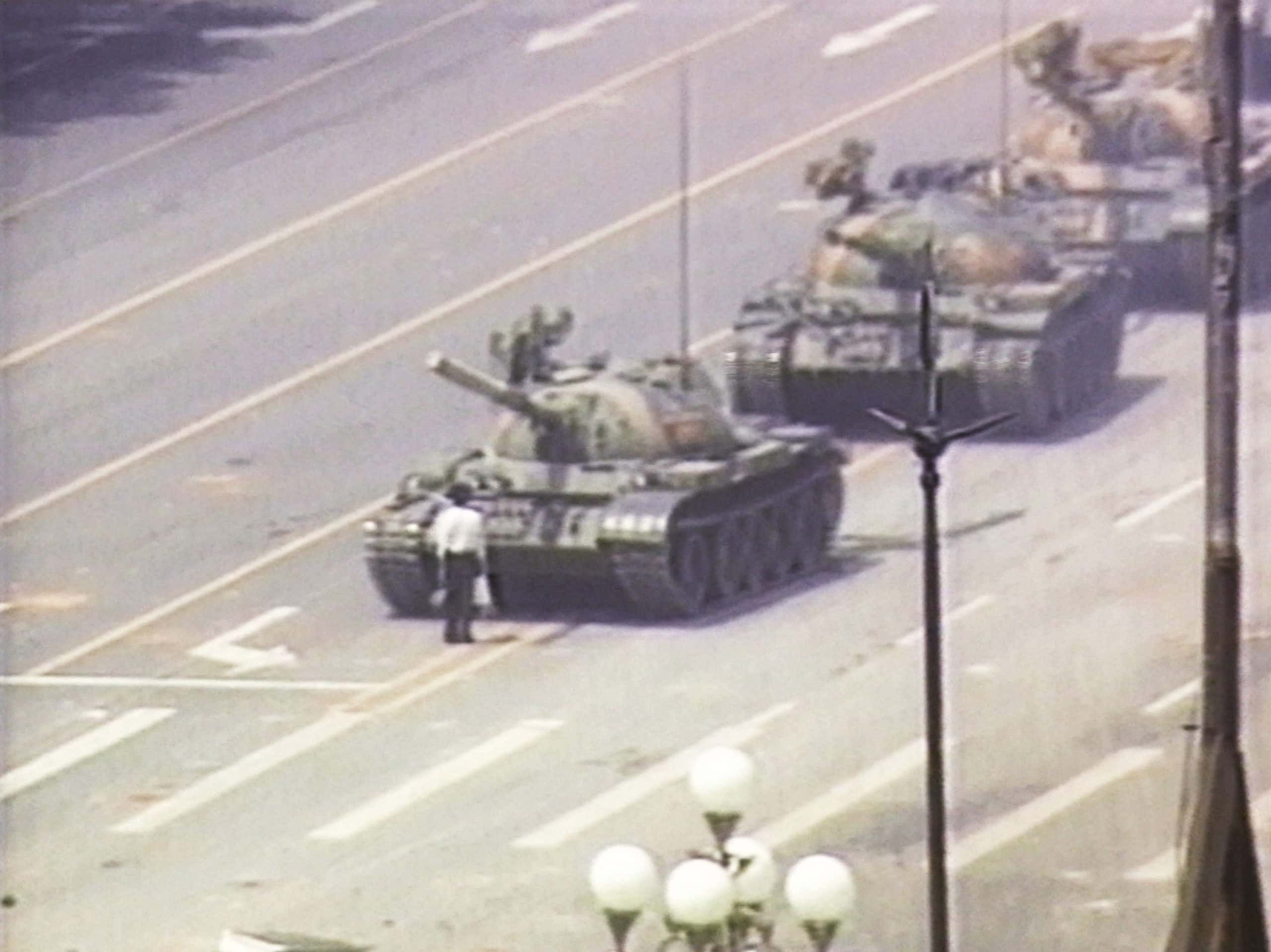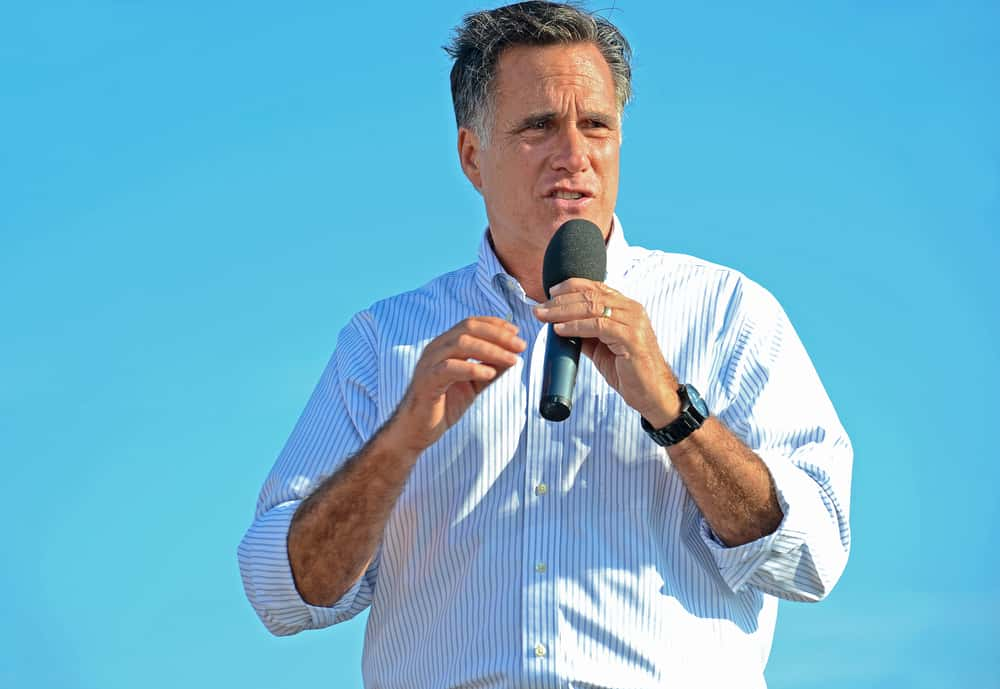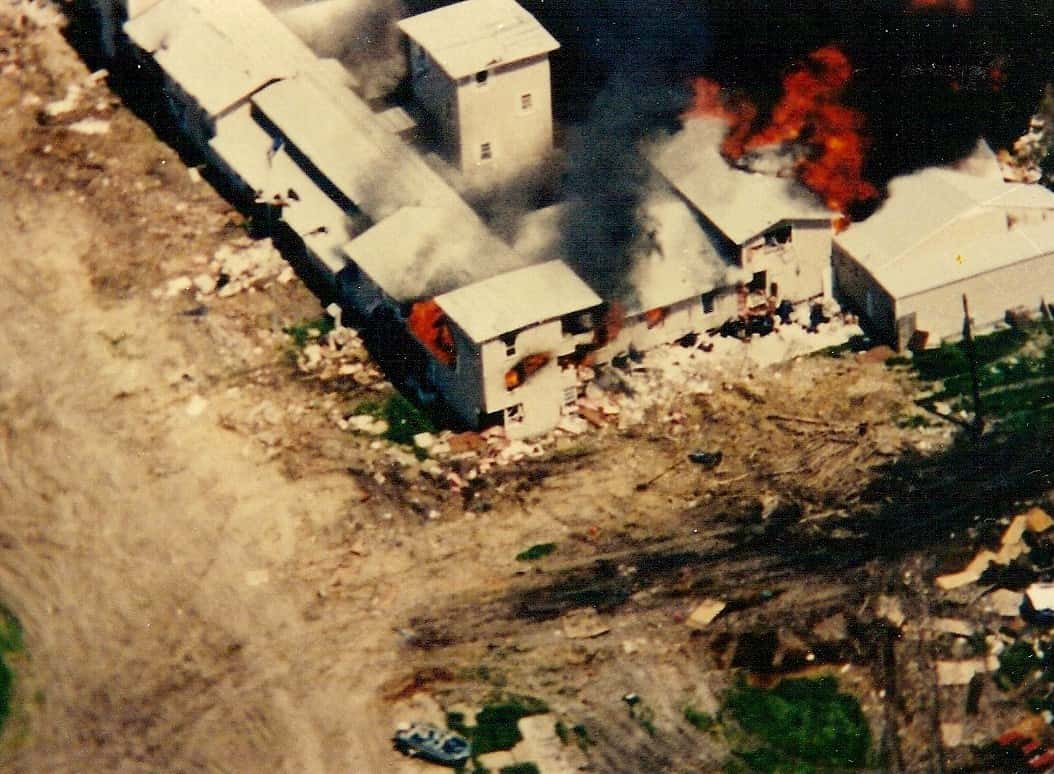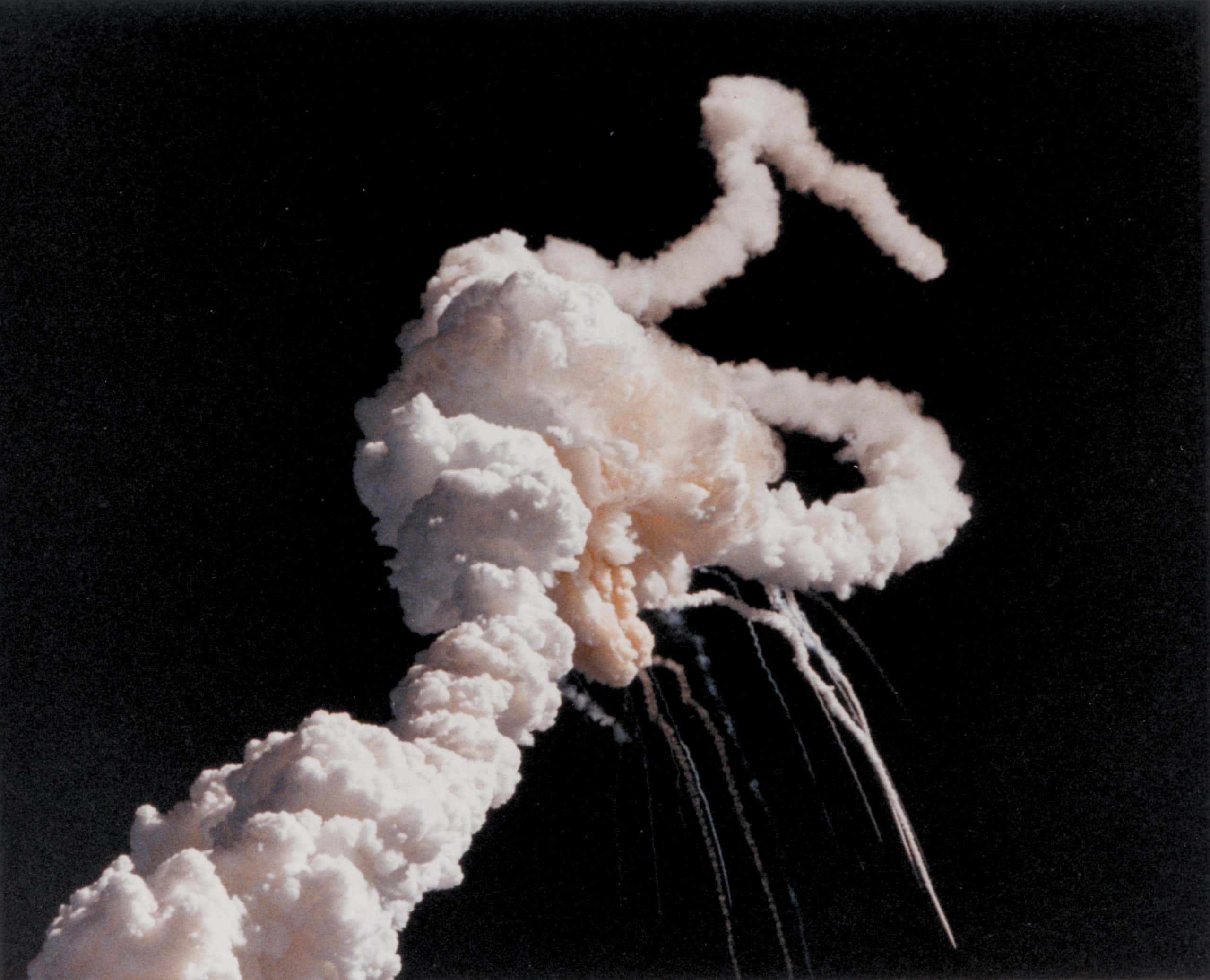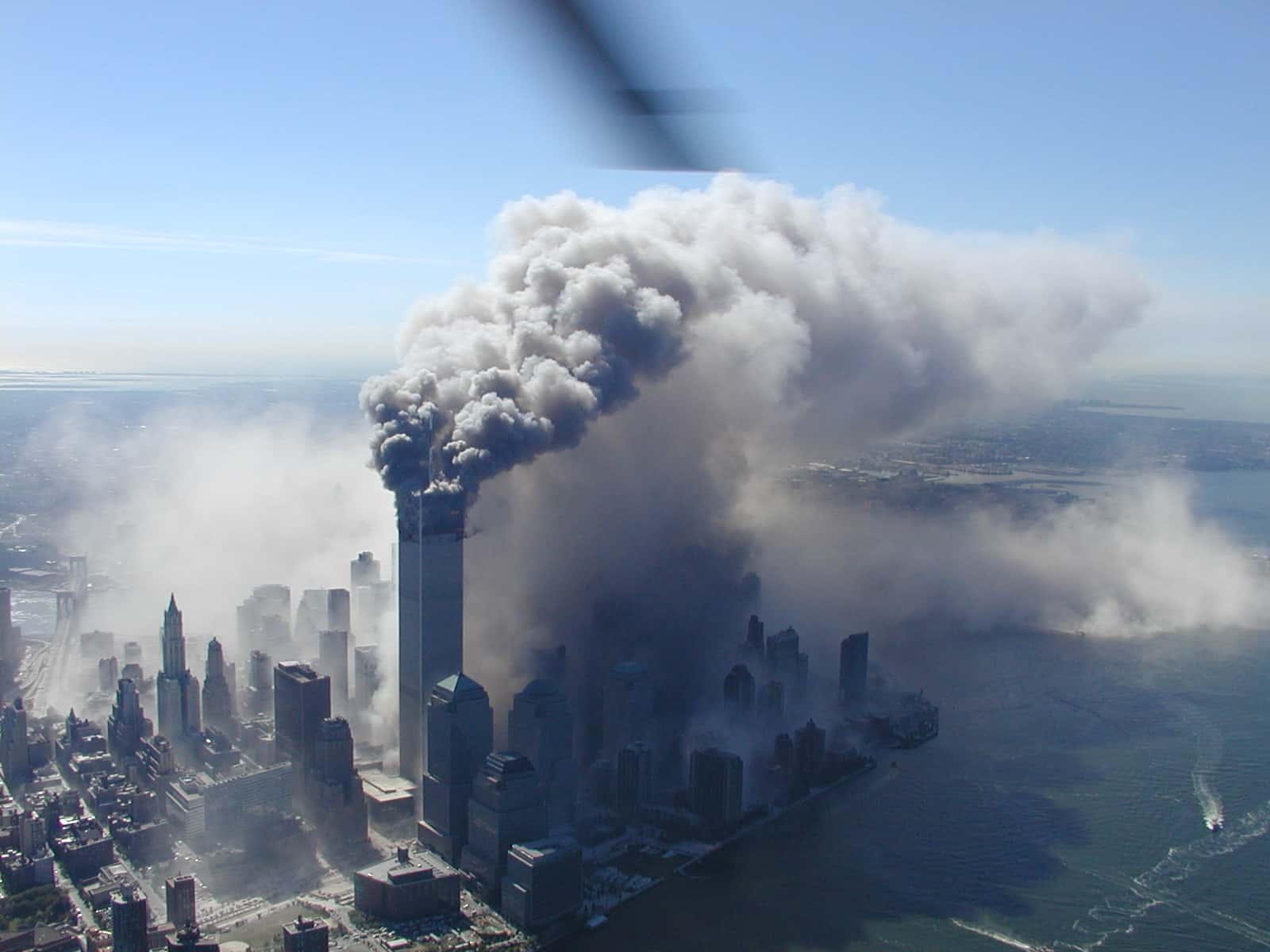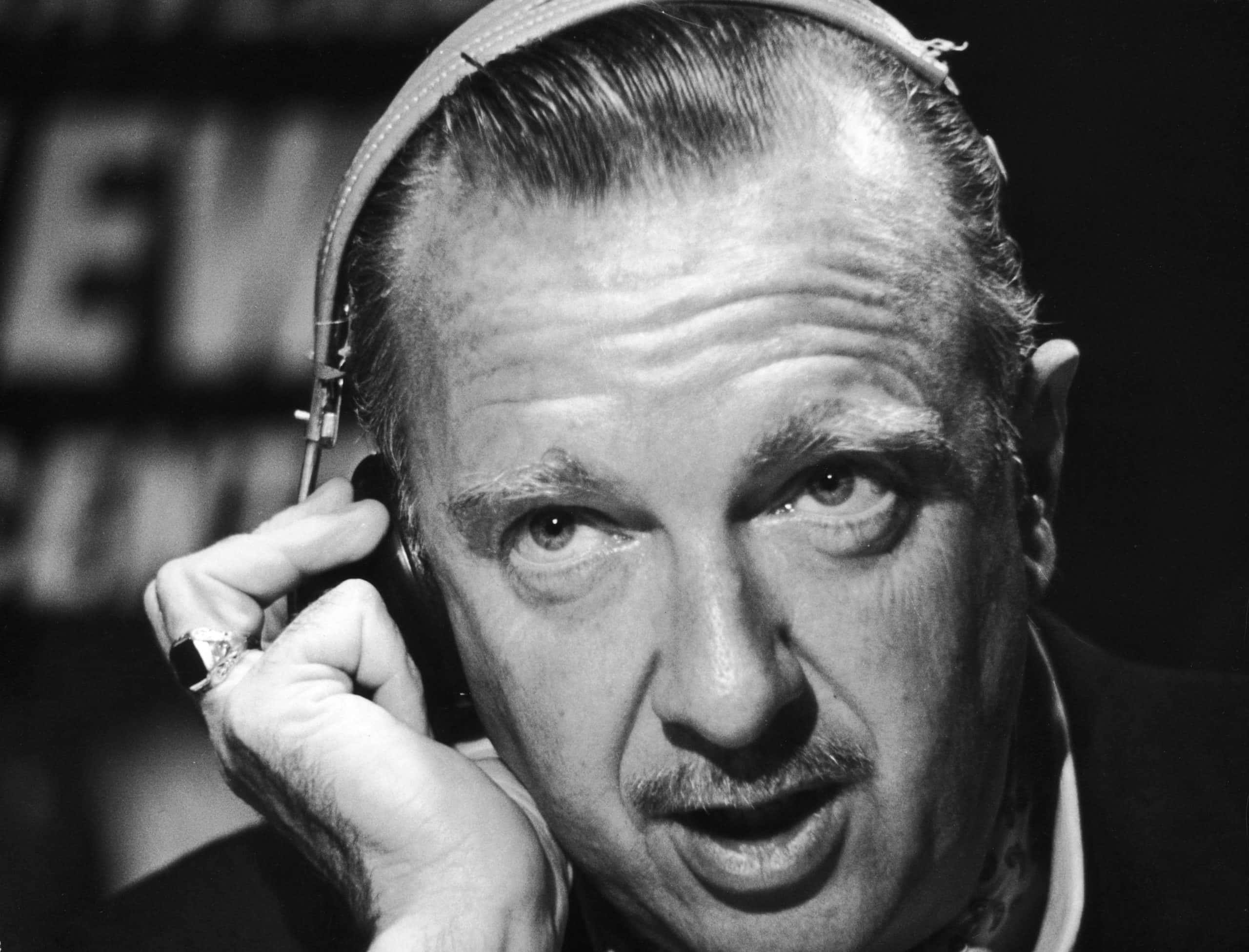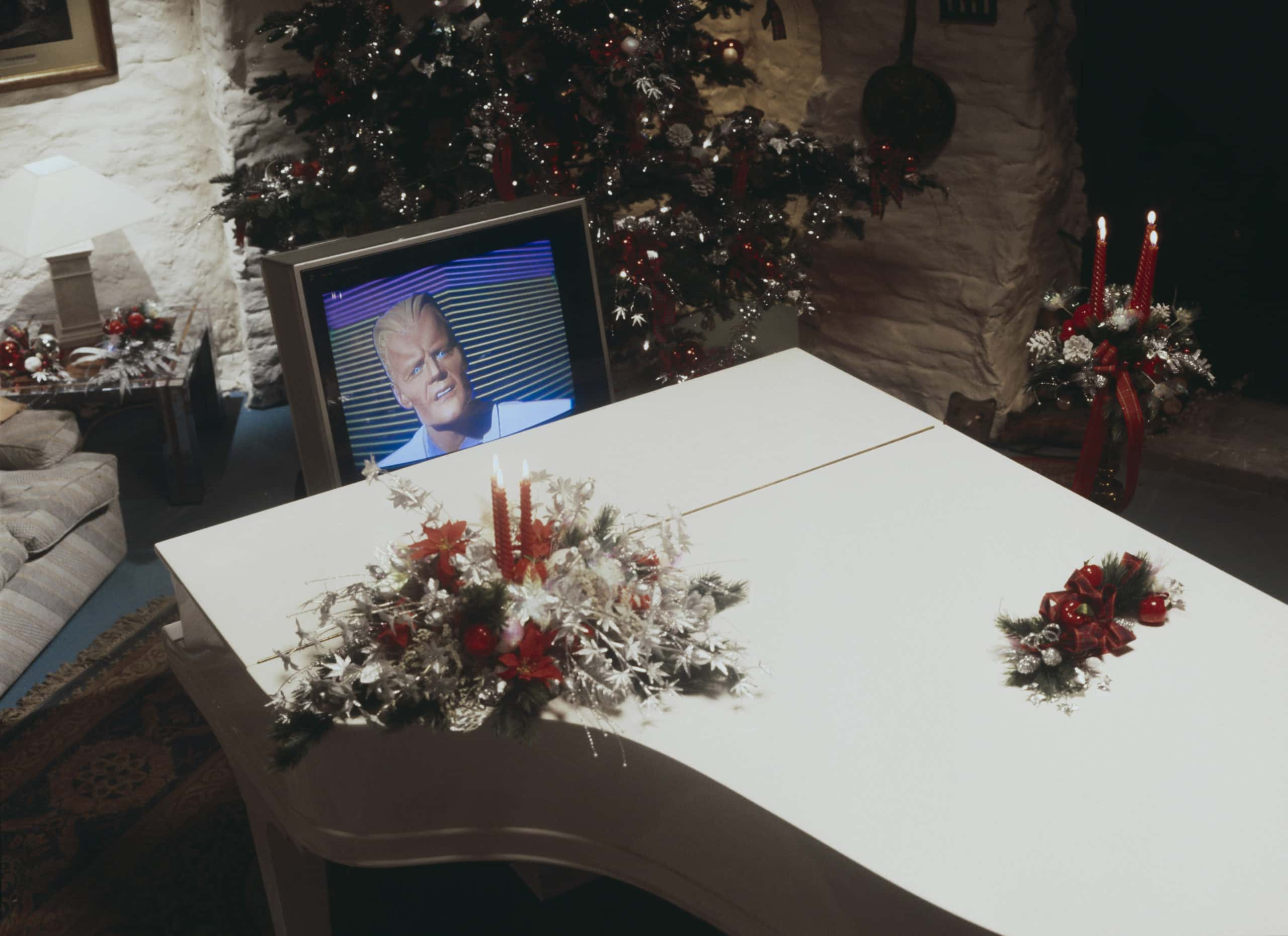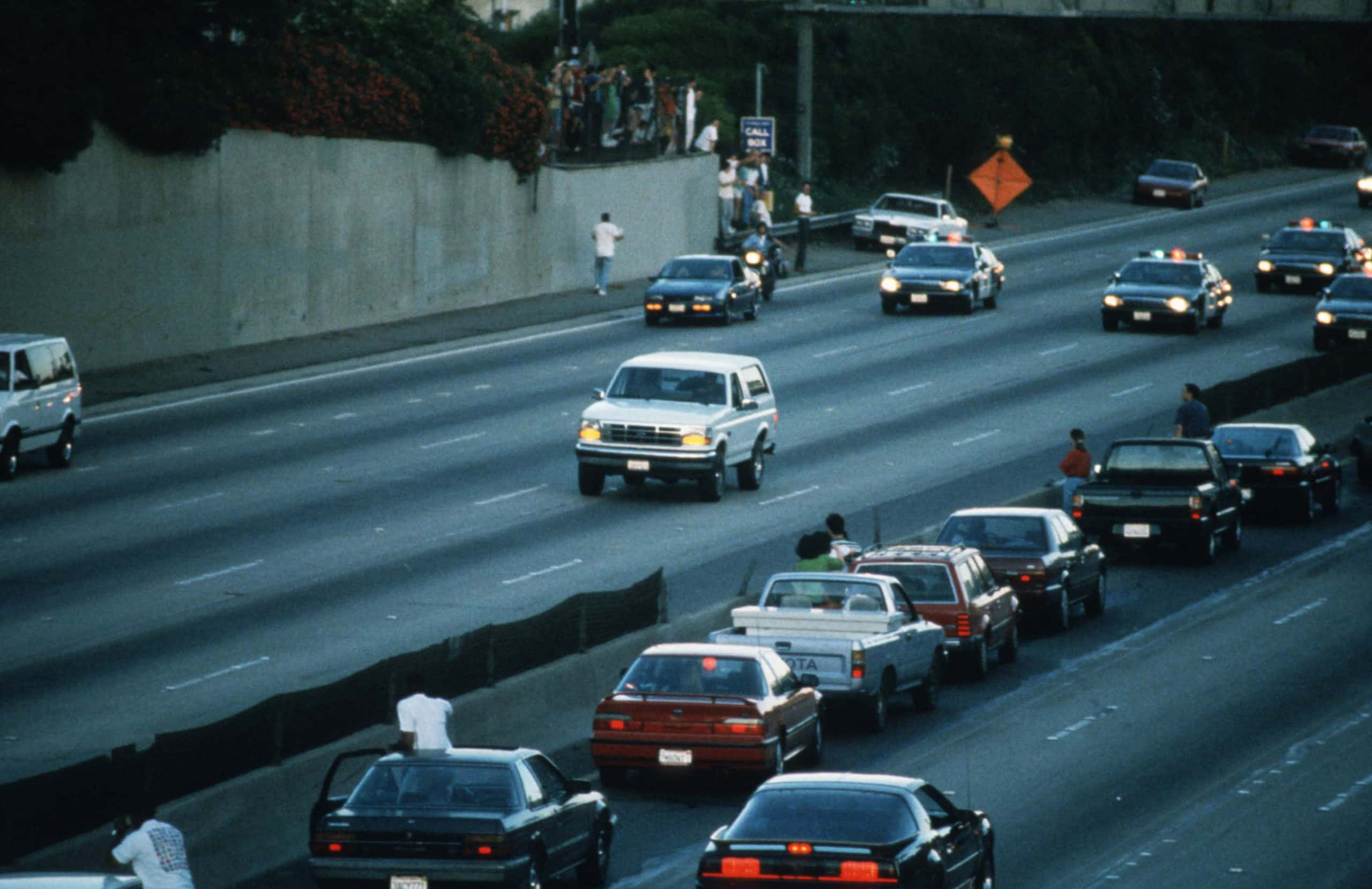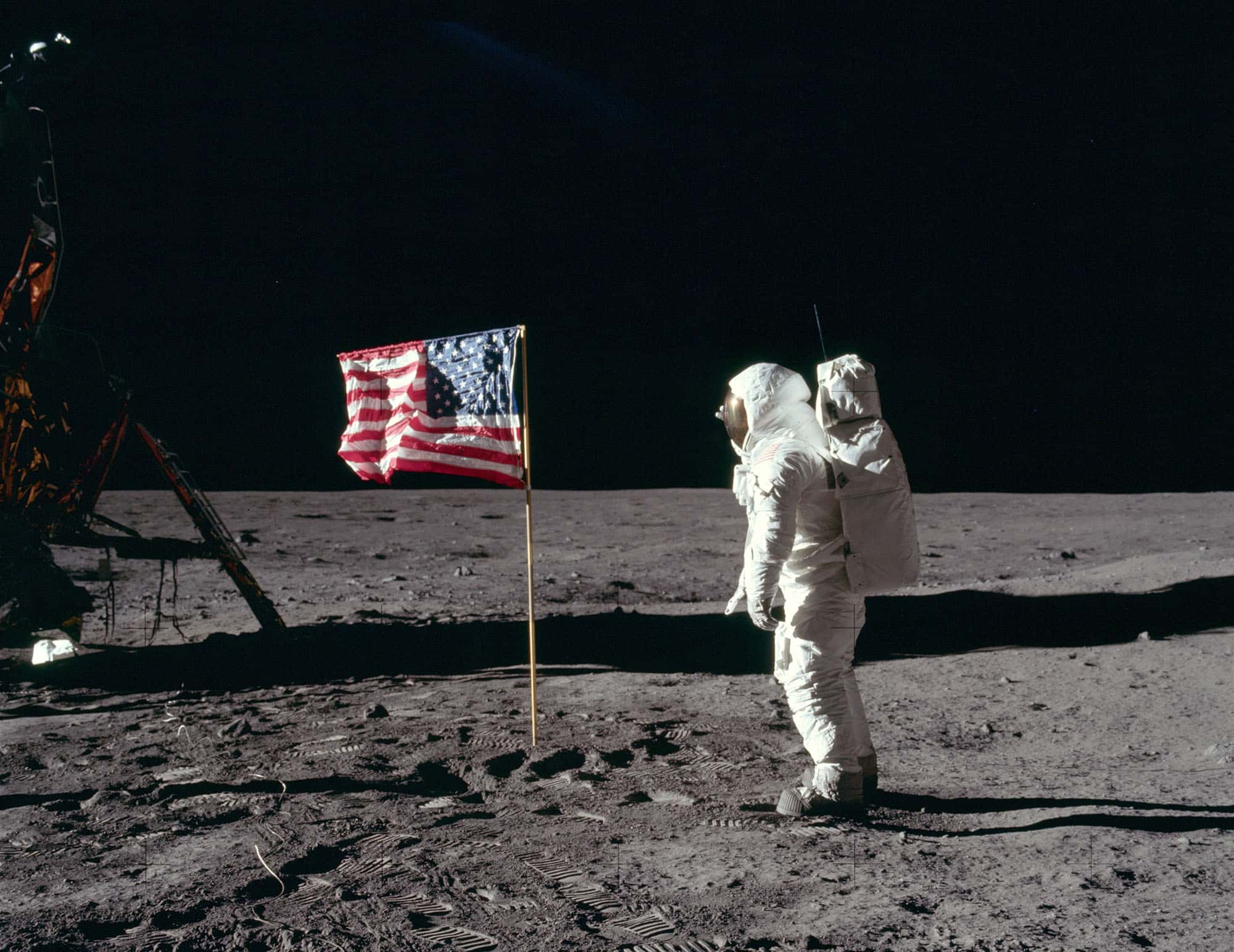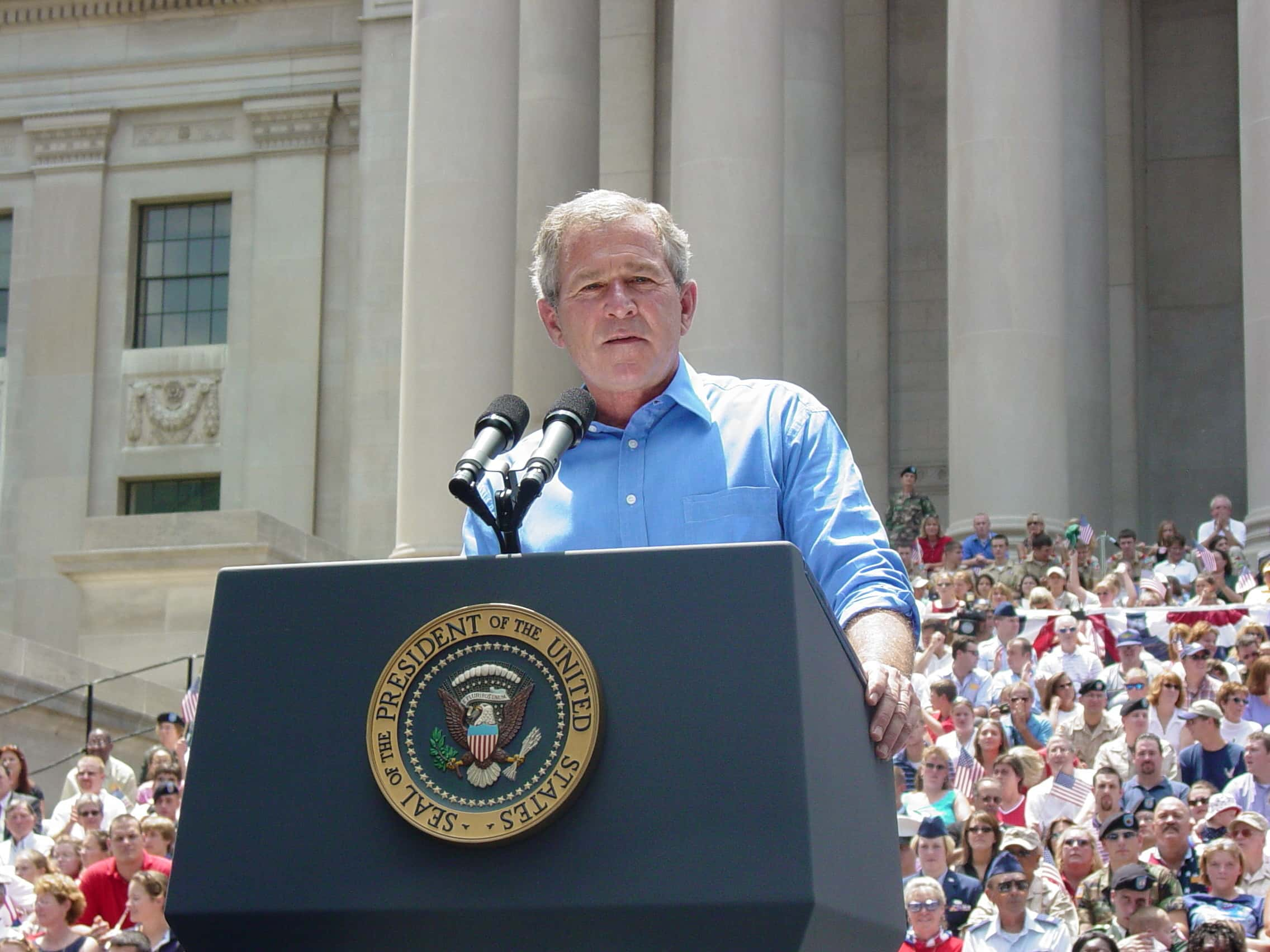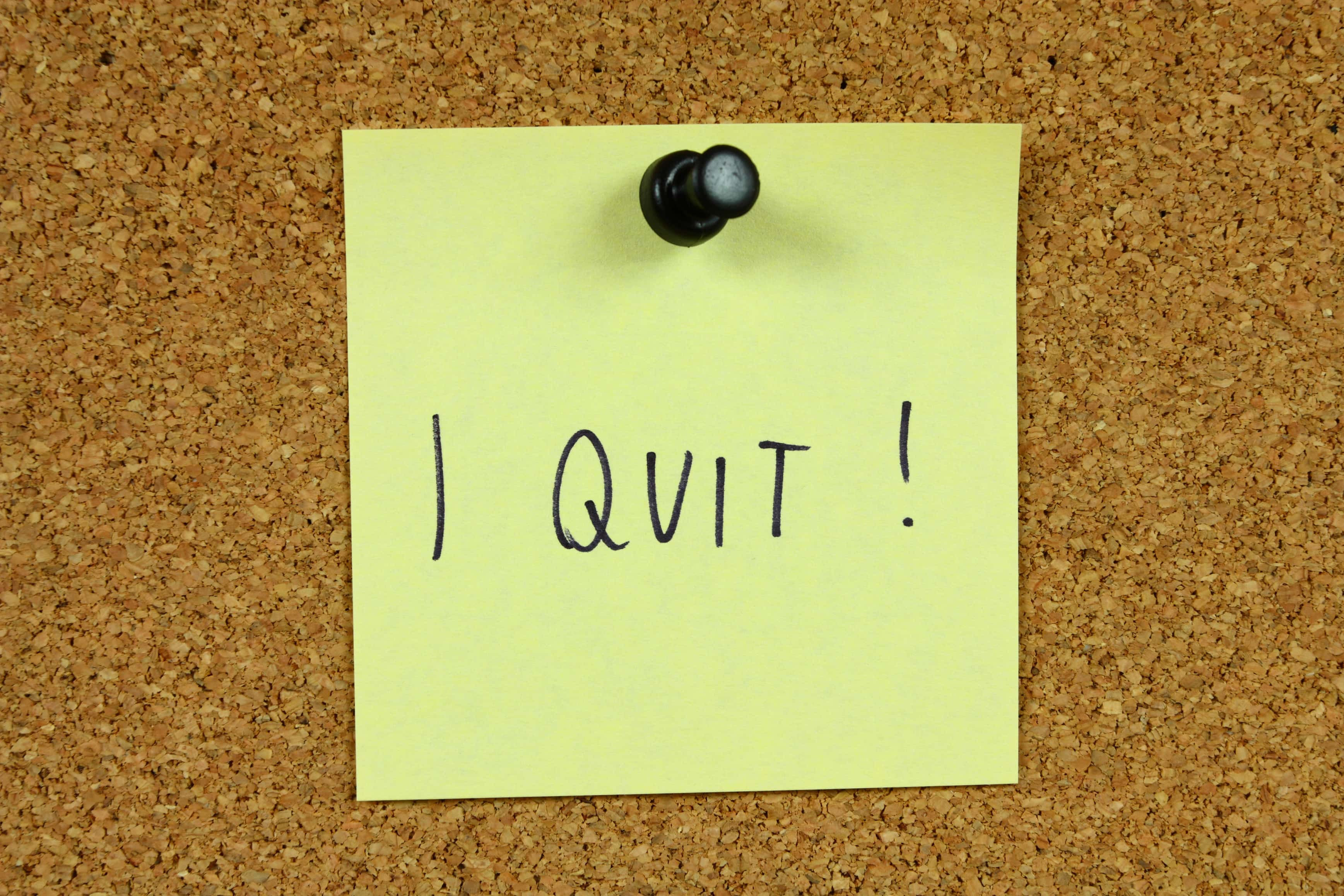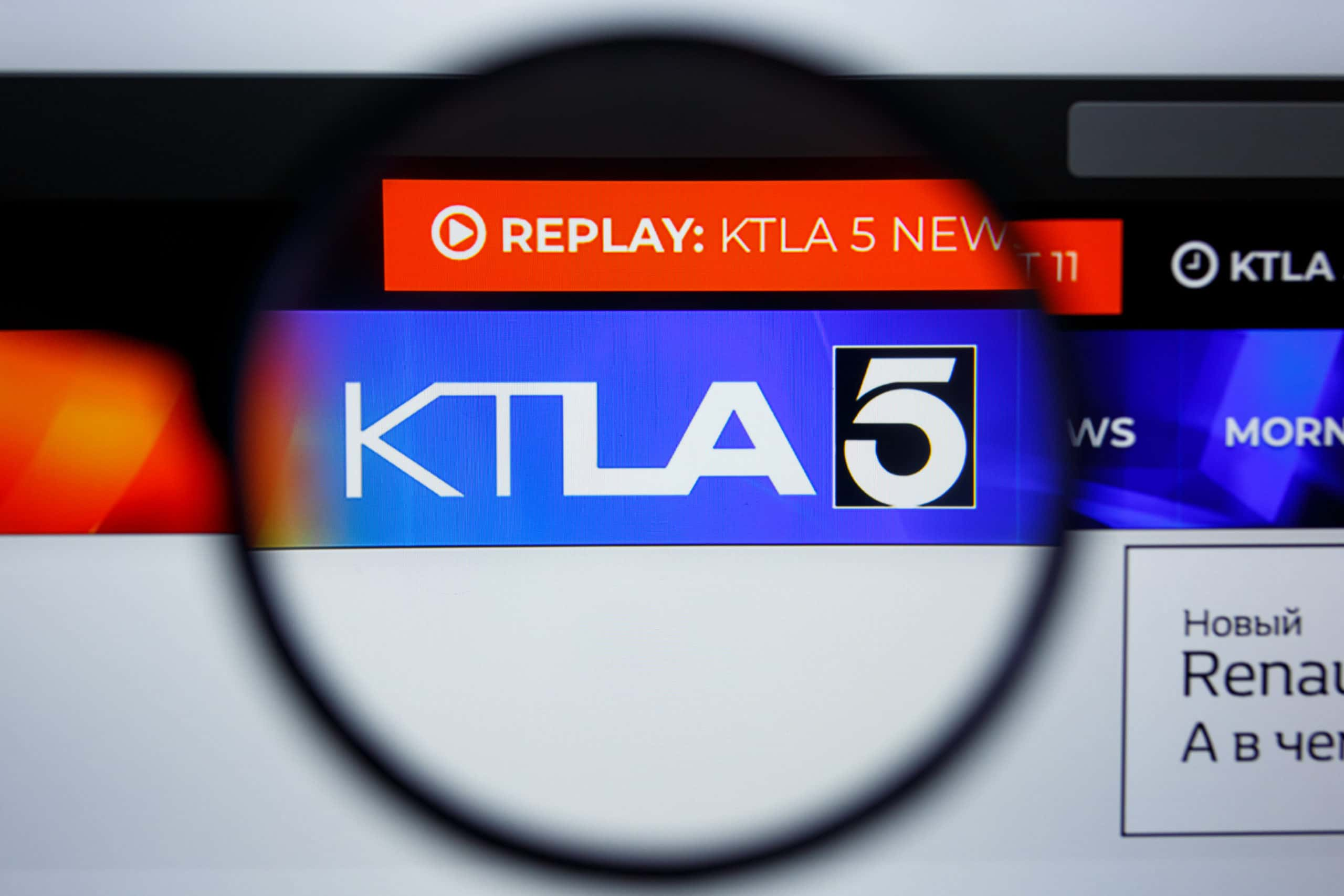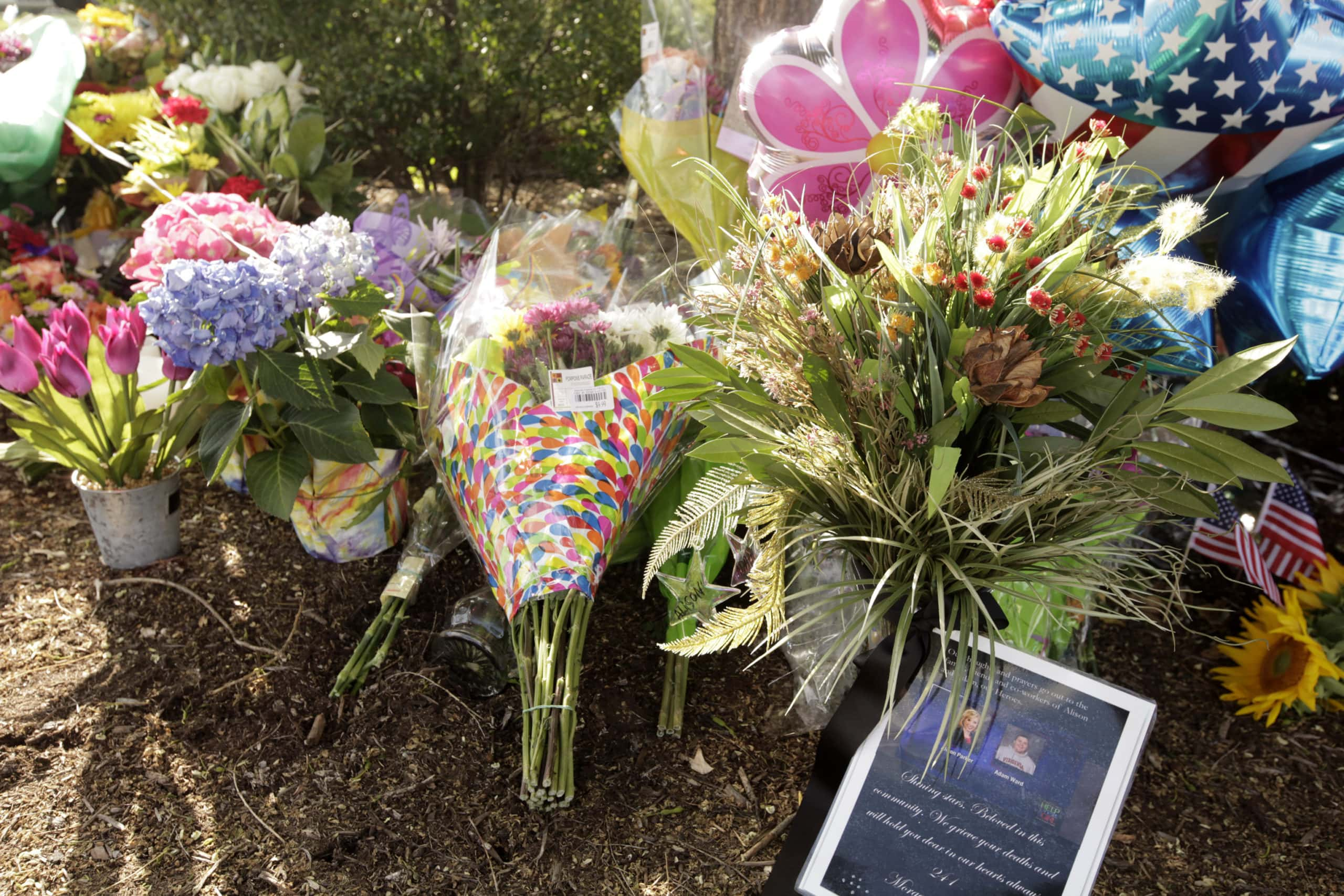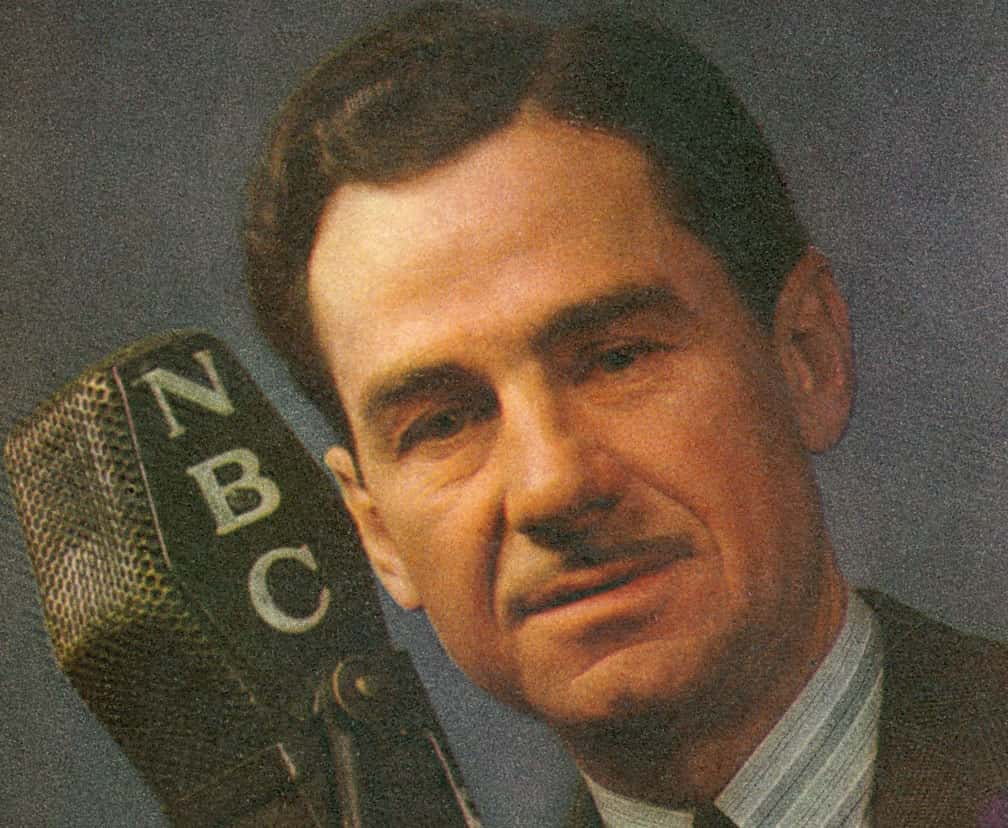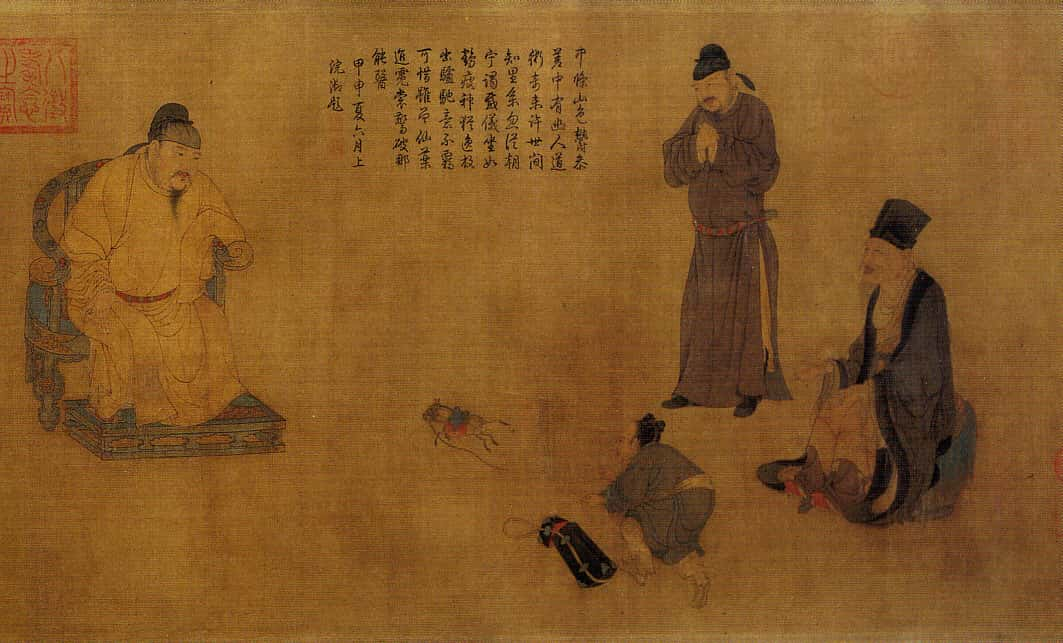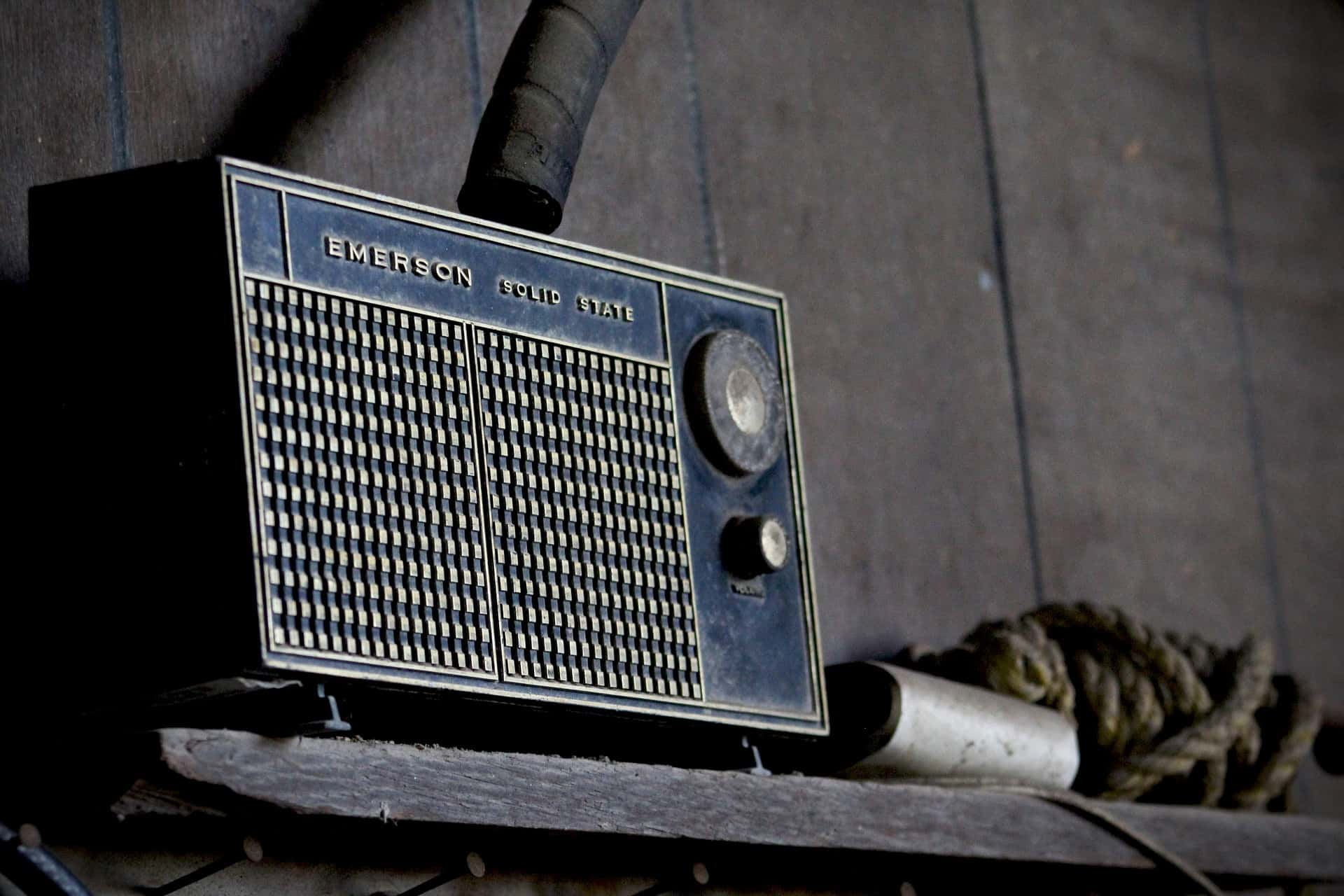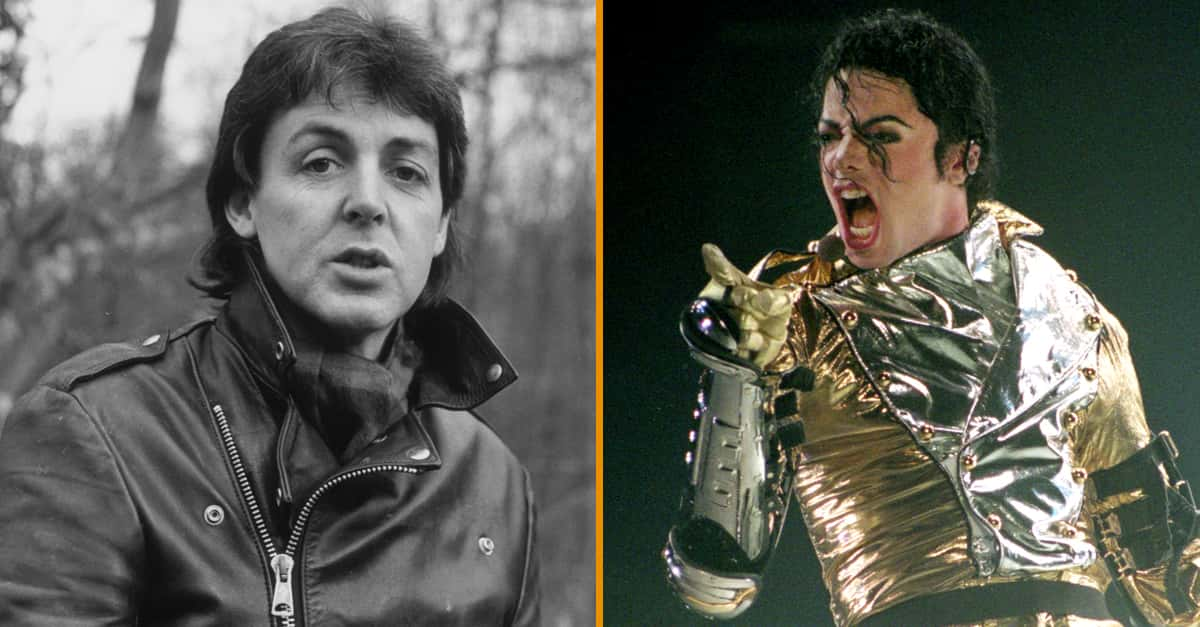News channels have reported on a lot of strange, weird, unbelievable, amazing, and tragic things. Sometimes these events even occur at news stations while the cameras are rolling. Now, in our age of 24-hour news channels, the chance to witness something unbelievable has skyrocketed. Where do our conceptions of the news come from and what are some of the craziest things that have ever been reported or happened during a newscast? Here are some fascinating facts to get you started.
1. A Shot in the Dark
Budd Dwyer, the State Treasurer of Pennsylvania, had recently been found guilty of accepting bribes from a California accounting agency. A day before he was scheduled to be sentenced, Dwyer called a press conference. In front of reporters, Dwyer pleaded his innocence before pulling out a .357 Magnum and taking his own life in front of the cameras. The suicide was broadcast to television audiences across Pennsylvania.
2. A Lie Is A Lie Is A Lie
Brian Williams was once one of the most trusted reporters in all of mainstream news. A massive story broke in 2015 when an investigation uncovered that Williams had lied, or at least greatly embellished, upwards of 11 news stories over his career.
3. Screening Retribution
Lee Harvey Oswald had quickly become the most notorious figure in America after he was charged with the assassination of President John F. Kennedy. In a moment that shocked the already reeling country, Oswald was shot and killed while he was being transferred to a Dallas jail. The murder was caught on live camera and watched by millions across the nation.
4. Lights, Camera, Action!
The O.J. Simpson trial was big news for many reasons. It was also one of the first major trials to feature complete coverage of the courtroom. The not-guilty verdict was the climax of a major television event that shook the American people.
5. 24-Hour Rescue
While CNN and 24-hour news stations were still in their incipience, one tension-filled, heart-stopping scenario was key to launching a whole new viewership. In 1987, a Texas toddler named Jessica McClure fell down a well in her backyard. 58 hours later, she was free—but not before the harrowing saga hooked a whole generation of enraptured viewers.
6. No Sweat!
Televised debates are now an essential component of general elections in nations across the globe. All of the major news broadcasters want a piece of the action. In 1960, the now-standard format was still new territory. Some adapted better than others. John F. Kennedy was made for the cameras, but during the first televised presidential debate with Richard Nixon, his opponent was all nerves.
Nixon sweat heavily during the debate and it was quite noticeable to the viewing audience. Many scholars believe his terrible showing at the debate played a major role in Kennedy's victory.
7. Civil Disobedience
The Tiananmen Square riots were a huge news event across the world in 1989. The Chinese military slew several hundred protestors for participating in demonstrations aimed at liberalizing the country. One particular image has made a lasting impression on the world. “Tank Man” refers to the unknown man who refused to move out of the way of a line of oncoming tanks.
Television cameras were on hand to capture the moment, which in turn captured the imagination of the entire world.
8. Not Quite The Same
During the 2012 GOP Primaries, Fox News accidentally portrayed as none other than sitting Democratic President Barack Obama. In one segment, the infographic behind the anchors used a picture of Obama where Romney’s face was supposed to be.
9. No More Bricks In The Wall
The age of round-the-clock TV news has meant that viewers around the world got to witness some of the biggest moments in recent history as they happened. Perhaps no other event epitomizes this sensation than the fall of the Berlin Wall in 1989. Viewers watched as Berliners joyously dismantled the wall.

History's most fascinating stories and darkest secrets, delivered to your inbox daily.
10. Siege The Moment
News cameras were rolling on the fateful day when the ATF and the FBI descended on the compound of the Branch Davidians near Waco, Texas. The siege lasted 51 days and cameras caught intense firefights and large explosions. 76 people died during the siege and the events have had a lasting cultural impact.
11. A Major Malfunction
The launch of the Space Shuttle Challenger was to be a first for NASA and 24-hour news. CNN picked up the feed of the event and it was a major talking point across the country in the weeks leading up to the launch date. Sadly, the launch was to go down in infamy with the Challenger exploding mid-air shortly after lift-off, to the horror of the millions watching.
12. The World Trade Centers
September 11, 2001 was a day that changed the world. Cameras started rolling after the first plane crashed into the World Trade Center. While everyone was still trying to figure out what had happened, another plane crashed into the second tower in front of a live audience. The events not only had a huge political and cultural resonance, but also changed the news forever as well.
13. A National Tragedy
Walter Cronkite is revered as one of the greatest TV news anchors to ever appear on American airwaves. The assassination of John F. Kennedy was almost too much to handle even for a man with as much poise as Kronkite. As he announced the death of the President, Kronkite had to fight back the tears.
14. The Max Headroom Event
WGN Channel 9 thought they were in for just another average roundup of the evening news one Sunday in November 1987. While reviewing the sports action for the day, however, a strange figure hijacked the feed, shocking the confused viewers. Suddenly, a bizarre-looking man in sunglasses appeared on screen for roughly 15 seconds.
The character, "Max Headroom," and his appearance was a prank by the character’s creators. Even now, knowing that it’s just a silly prank, the footage of the incident is pretty creepy.
15. Eyes In The Sky
The OJ Simpson trial was big news in the 1990s, but the beginning of it all was even crazier. It all started with a slow pursuit of the now-infamous white Bronco. Even before the trial began, this chase caught Americans' attention and never let go.
16. The Moon Landing
When the first images of the moon landing reached television sets, it defined a whole generation of Americans. The question became, where were you and what were you doing when it happened? As a side-effect, the universal publicity meant lift-off for NASA and the space program.
17. Too Close To Call
The 2000 American Presidential election turned out to be a major event in recent history. The race was between Republican George W. Bush and Democrat Al Gore. The vote was too close to call, apparently, as Florida had to have a recount. The uncertainty wreaked havoc on the news channels, as nobody was quite sure who to call for the victory.
First, news anchors called the victory for Gore before having to backtrack. After a recount, news outlets officially declared Bush the President-elect.
18. A Blaze Of Glory
In 2014, KTVA reporter Charlo Greene shocked Alaskan audiences when she quit on air after a report on the Alaska Cannabis Club—it turns out, Greene was the CEO of that club. She went out with an expletive-filled bang!
19. Earthquake!
From time to time, news stations have had to deal with natural disasters. KTLA 5 News in Los Angeles was not the first, nor the biggest, example of an earthquake happening on a news set. But the difference here was, the cameras rolled to catch it all on tape, making the event a fixture of News Broadcast Bloopers for years to come!
20. On-Air Murders
Viewers in Roanoke, Virginia were left horrified when, during a live interview with the executive director of the local chamber of commerce Vicki Gardner, a disgruntled former co-worker attacked reporter Alison Parker and photojournalist Adam Ward at gunpoint. Tragically, the gunman took both of their lives on camera.
21. Origin Of The Airwaves
Lowell Thomas was the first person to host a regularly scheduled news broadcast on American television. In 1940, he provided a simulcast of his NBC radio newscast.
22. Origin Stories
The first weekly newspaper ever came from Strasbourg in what was then the Holy Roman Empire. Relation was a German-language paper, published by Johann Carolus.
23. Old-Timey Magazines
The first magazine was Kaiyuan Za Bao or Bulletin of the Court, which was an official court publication first appearing in the eighth century in Kaiyuan-era China.
24. News Of The World
Modern newscasts really didn’t take off until technology could sufficiently transmit to enough households. Before television, newscasts found their home on the airwaves. The very first radio news program was broadcast on August 31, 1920, by station 8MK in Detroit.
Sources: 1, 2, 3, 4, 5, 6, 7, 8, 9, 10, 11, 12, 13, 14, 15, 16, 17, 18, 19, 20, 21, 22

